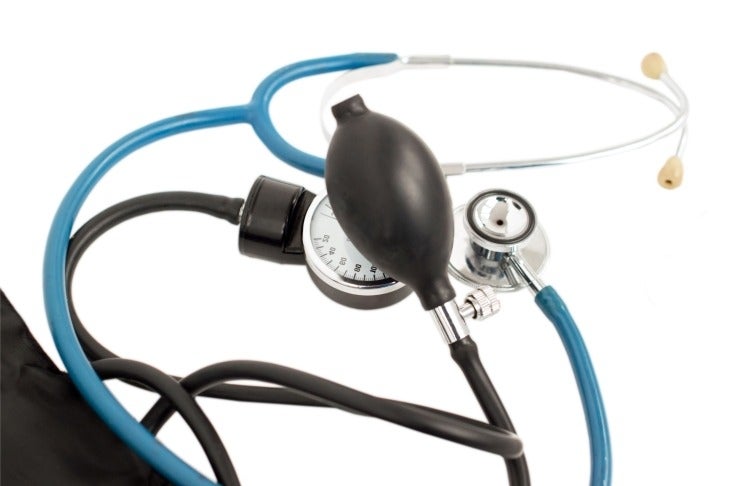5 Ways To Prevent Heart Disease

What is Heart Disease?
Heart disease is a term (often used interchangeably with cardiovascular disease) used to describe a variety of heart conditions. Some of the most common include heart attack, stroke, abnormal heart beats (heart arrhythmias), and heart defects (congenital heart defects). Heart disease takes many different forms, but most are connected to plaque that builds up in the walls of the heart’s arteries causing the arteries to narrow. This makes it harder for blood to flow through arteries and can result in a heart attack or stroke.
Signs of Heart Disease
Signs of heart disease depend on which type of heart disease you may have but chest pain, chest tightness, shortness of breath, extreme fatigue, and pain, numbness, weakness or coldness in your legs and arms are common symptoms associated with heart disease.
Heart Disease Prevention
Small changes to your lifestyle can make a big difference in your overall health and help reduce your risk of heart disease:
1. Stay active
Physical activity can help reduce your risk for conditions that can contribute to heart disease such as high blood pressure and high cholesterol. Thirty minutes a day of physical activity can make a big difference. Make sure to match your activity to your needs and abilities, and talk to your doctor before starting an activity program.
2. Eat healthy
Eating a healthy diet rich in fruits, vegetables, and whole grains can help reduce your risk of heart disease. Good nutrition is vital for older adults as it boosts immunity and prevents other illnesses from arising. Learn more about good nutrition here.
3. Maintain a healthy weight
Being overweight can cause conditions that increase your risk of heart disease including high blood pressure and high cholesterol. Weight loss over 60 can be difficult for some, but there are plenty of resources you can turn to lose weight in a healthy way.
4. Manage stress
During this difficult time, its even more important to find ways to manage stress. Physical exercise, relaxation exercises, meditation and staying connected to the outside world can improve your health.
5. Know your numbers
When it comes to heart health, it’s important to know your numbers. High blood pressure can damage your heart and increase your risk for heart disease and stroke. At an annual physical your doctor will review your health status and offer suggestions on how to maintain or improve it.
Understanding Your Blood Pressure Numbers:
| Top Number (Systolic) | Bottom Number (Diastolic) | What the number means | What to do |
|---|---|---|---|
| Less than 120 | Less than 80 | Normal blood pressure | Maintain a healthy lifestyle |
| 120-129 | Less than 80 | Elevated Blood Pressure | Talk to your doctor about diet and lifestyle changes |
| 130-139 | 80-89 | High blood pressure (hypertension) Stage 1 | Talk to your doctor about diet, lifestyle changes, and medication |
| 140 or higher | 90 or higher | High blood pressure (hypertension) Stage 2 | Talk to your doctor about diet, lifestyle changes, and medication |
| Higher than 180 | Higher than 120 | Hypertensive Crisis | Talk to your doctor about diet, lifestyle changes, and medication |
Resources & Tools
Drug Search
Use the drug search tools to find out if your drugs are covered and which tier they fall under on your plan type.
Find a Doctor
Find a doctor within your Tufts Health Plan Medicare Preferred HMO network or your Tufts Health Plan Senior Care Options network.
Health Library A-Z
Tufts Health Plan has partnered with Healthwise to provide members with access to a library of high-quality content on conditions, treatments and more.